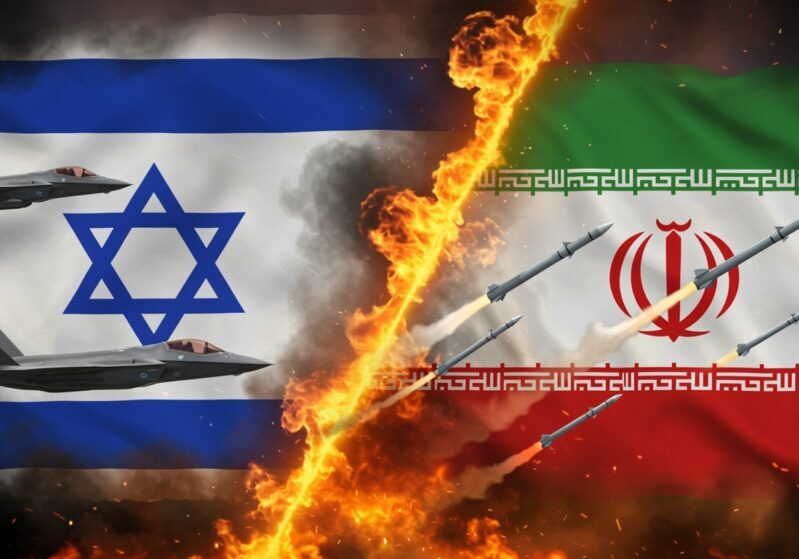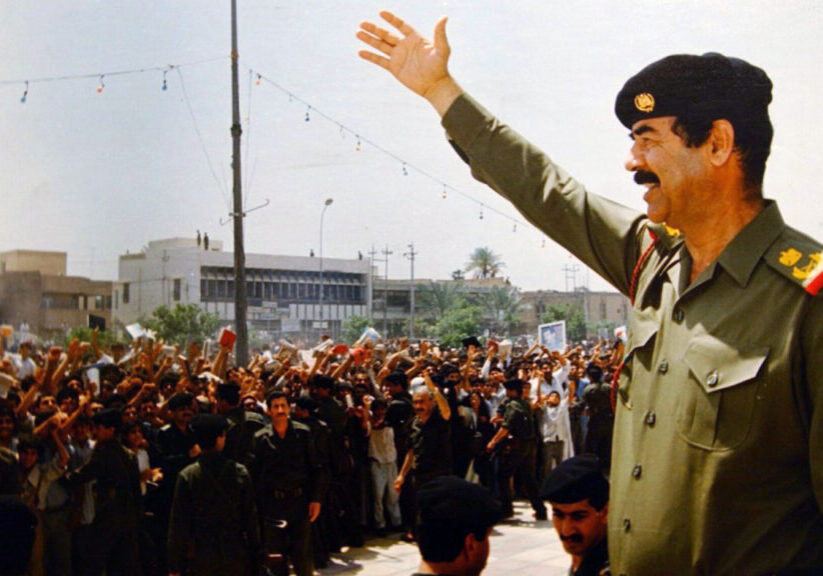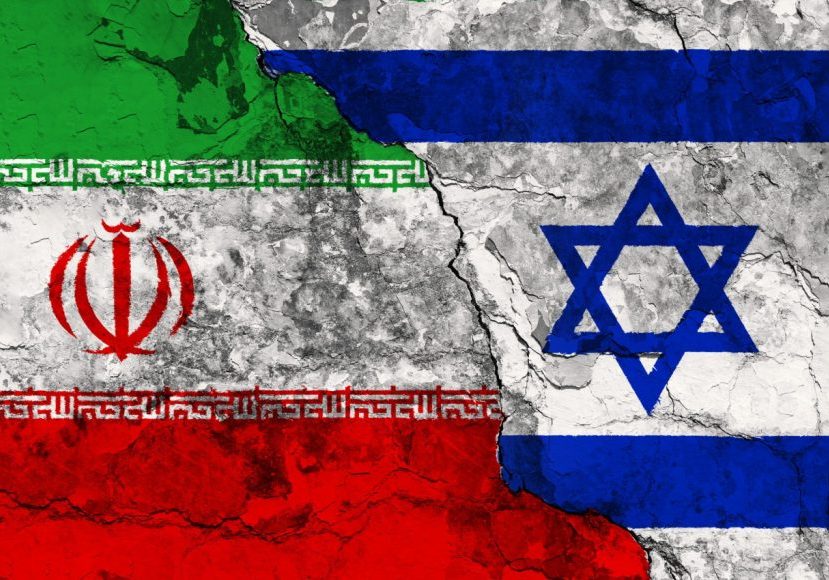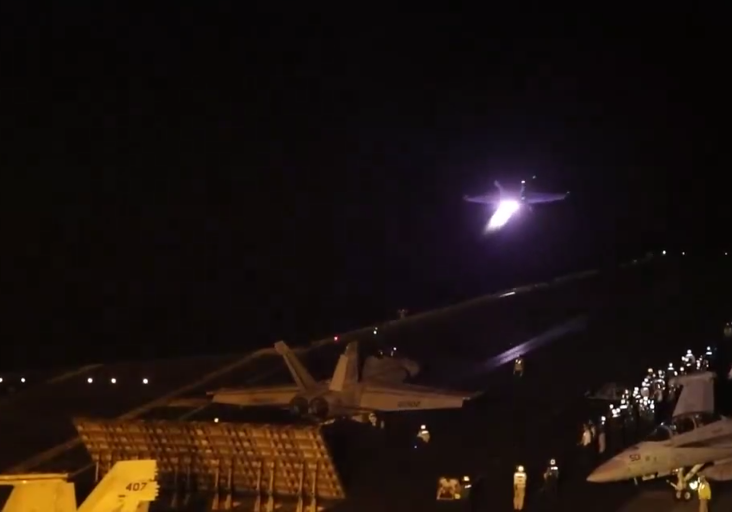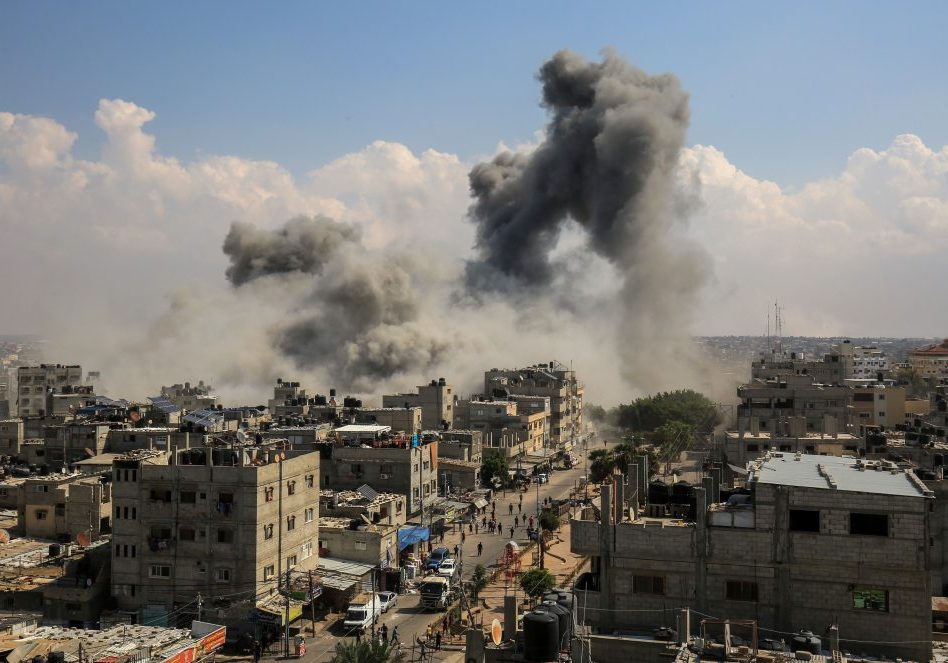Australia/Israel Review
Editorial: The Axis of Terror
May 1, 2006 | Colin Rubenstein
Colin Rubenstein
Those still arguing that Iran poses no danger to the outside world should take note of an article that ran on April 23 in London’s Sunday Times. The paper reported that Iranian President Mahmoud Ahmadinejad took a breather from uttering verbal threats against Israel to go on a trip to see what he could do about putting those words into action.
Ahmedinejad visited Syria where he met one of the world’s most wanted terrorist leaders — Imad Mugniyeh, the chief of overseas operations for Hezbollah. Mugniyeh has an international rap sheet as long as your arm. He is wanted in Argentina for the 1994 bombing of the AMIA Jewish community centre in Buenos Aires. And the Americans have a US$5 million bounty on Mugniyeh’s head for his role in the suicide attack against the US Marine barracks in Beirut, plus the torture and mutilation of the CIA’s Lebanon station chief William Buckley.
Analysts believe that the tete-à-tete in Damascus was a coordination meeting to plan a global terrorism backlash if Iran’s nuclear facilities are attacked by the US or Israel. After all, Teheran is the major source of Hezbollah’s financial and military support. The mullahs have the right to expect a return on their investment.
Just as worrisome is the headway that Iran is making in its quest to purchase influence and power amongst Palestinians. Security analysts have long since concluded that Palestinian Islamic Jihad is a wholly-owned subsidiary of the Islamic Revolutionary Guards. And there is growing evidence that Hamas and the Fatah al-Aqsa Martyrs Brigades have found Iranian largesse too much of a temptation to resist.
Intelligence also indicates that al-Qaeda has set its sights on getting its own slice of the Palestinian terrorist pie. There are increasing reports of al-Qaeda elements making their presence known in Gaza. And a substantial part of Osama bin Laden’s latest audio tape decried Western opposition to the new Palestinian Hamas government as evidence of a crusade against Muslims.
Ironically, Hamas displayed remarkable ingratitude for bin Laden’s supportive statement, criticising the bombings in the Egyptian resort of Dahab, which most analysts have attributed to al-Qaeda, as a crime. Perhaps this has more to do with internal turf wars over political influence in the Palestinian community than anything related to real principle. But it was ironic to see Hamas representatives criticise the bombing of a restaurant tourist precinct as if they hadn’t done precisely the same things themselves, and publicly supported a similar attack in a Tel Aviv restaurant less than two weeks previously.
And throughout all this, direct Palestinian terrorism against Israel proceeds apace. On literally a daily basis, gunmen are killed trying to cross into Israel, and Qassam rocket launches, and even Katyushas, have become a matter of grim routine. The Israeli army responds with artillery counter-battery fire against the rocket launching sites, and the Palestinian residents of Gaza continue their self-inflicted decline into the abyss of penury and societal disintegration.
Meanwhile, Syria plays a key role connecting Iran, Hezbollah, and the Palestinian terror groups. Israeli intelligence believes that it was the Damascus office of Islamic Jihad that ordered the Tel Aviv bombing. Hamas too, has its external headquarters in Damascus. And Hezbollah has acted as almost a Syrian client militia, highly dependent on Syrian willingness to act as an agent for transferring arms, expertise, and funds supplied by Teheran.
While none of these alignments are exactly new, the ascension of Hamas and Iran’s growing regional belligerence create a new and much more dangerous situation. Hamas is on record that it will never arrest members of any other terror groups for attacking Israel, nor will it stop rocket attacks. Essentially, the Hamas controlled PA is planning on turning the Palestinian territories into a base for this axis of terror — Iran, Syrian Hamas, Hezbollah, and Islamic Jihad, with possible assistance from al-Qaeda — to wage a constant war on Israel.
Back in Israel, it’s coalition construction time, with all the untidy political machinations that entails. New PM Ehud Olmert’s task is doubly sensitive, as he seeks to construct a government that can implement his convergence plan to pull back from most of the West Bank. He will need all the solidarity and expertise he can muster, because he must implement convergence in such a way as to preserve Israel’s freedom to control and respond to the ongoing efforts at mass murder from Hamas and its “axis of terror” allies.
There is no reason to expect that Labor leader Amir Peretz will not be an effective defence minister, as is currently being proposed, despite his lack of military background. Many of his most succesful predecessors in the post, from Levi Eshkol through Shimon Peres to Moshe Arens, were similarly purely civilian leaders. But whoever is defence minister will need considerable help from the prime minister and the many talented people in the leadership of both Labor and Kadima.
Convergence and separating from the Palestinian population remains a good idea. But it is time for friends of Israel abroad to recognise how much of a risk it entails and find new ways to help. Hamas must either change its policies in the ways the Quartet is demanding, or be cut off from the funding and arms needed to turn their territories into a perpetual terror base. This is also just one more reason that Iran must absolutely not be allowed to obtain nuclear weapons, which would allow the Revolutionary Guards and radical mullahs to support terror with absolute impunity. And international apologetics for Palestinian terror must be fought with as much vehemence as possible.
Convergence needs international support against the new “axis of terror” if it is to lead, ultimately, to the stable two state resolution that both Israelis and Palestinians deserve.
![]()
Tags: Iraq

